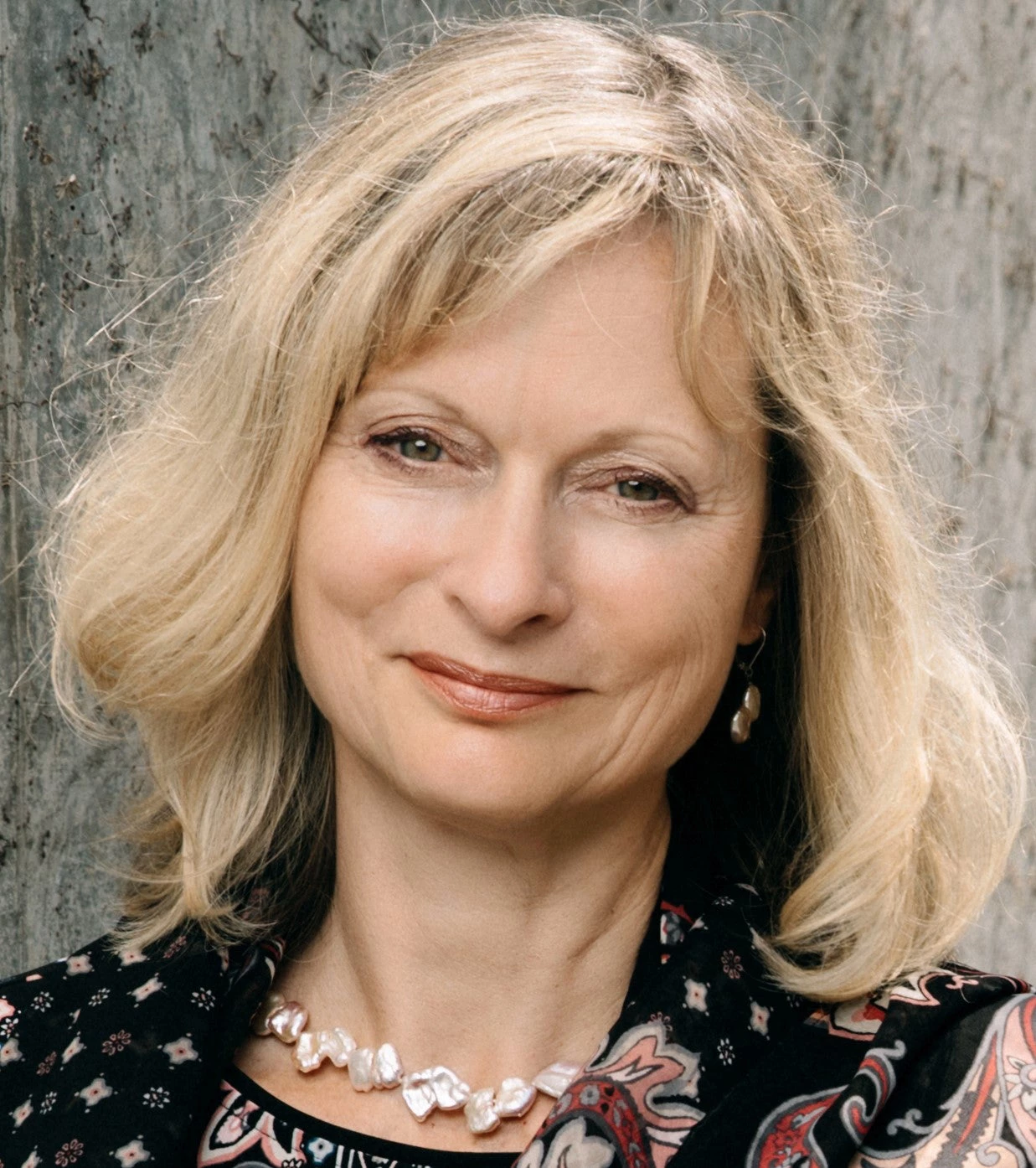 The World Bank Group’s updated Gender Strategy will include lessons learned and insights from a wide range of partners and countries. Copyright: Vincent Tremeau/World Bank.
The World Bank Group’s updated Gender Strategy will include lessons learned and insights from a wide range of partners and countries. Copyright: Vincent Tremeau/World Bank.
Empowering women helps countries overcome crises, unleash trillions of dollars in economic potential, and improve community wellbeing. Yet, globally, the advancement in women’s education has not translated into better jobs, more assets, or stronger voice for women. How, then, to accelerate equality?
A recent Cairo University graduate I met in Egypt last week told me “it’s all about norms, and it starts at home.” If women are held responsible for all care and work in their household, business recruiters prefer male job seekers. How do we break that cycle?
Evidence for impact
Over the past ten years, the World Bank Group has built the evidence base for impact. There have been significant investments in gender data and knowledge to help countries like Bangladesh, Niger, and Morocco develop, finance, and implement programs advancing gender equality as a national priority.
We have tested “what works” to change norms. World Bank education projects, such as in Angola, Nigeria, and Tanzania, empower girls and influence how boys think about relationships. These projects build on a decade of learning through the Adolescent Girls Initiative and the Sahel Women’s Empowerment and Demographic Dividend (SWEDD)projects.
As an institution, the World Bank Group’s work on gender is an ambitious and shared commitment across the institution, and includes setting safeguards, investing in staff capacity, formal policy commitments, and engaging jointly with other development partners and with CSOs to tackle gender challenges, such as reproductive health, care, mobility, labor force participation, and gender-based violence.
Global progress to advance gender equality has been slow and fragile
The growing crisis of poverty and economic distress, and global challenges, including climate change and rising fragility and conflict, will require smart gender solutions. Drawing on lessons learned and on insights of a wide range of stakeholders across countries, the World Bank Group’s Gender Strategy is being updated to accelerate equality and empowerment for all – recognizing that gender equality and empowerment are a fundamental human right and a key to development.
The strategy update considers three questions to accelerate the pace of change:
First, how do we define our ambition? Our current strategy targets gender gaps in human endowments, jobs, assets, and voice and agency. Global conversations and evidence suggest more emphasis is needed on women’s leadership and economic empowerment; that many people are marginalized by gender norms; and that gender inequality intersects with race, ethnicity, sexual orientation, disability, and other characteristics.
Second, what do countries need to change to improve gender outcomes? Countries have made progress when existing power relations across political, economic, and social institutions and actors are addressed ; and when reforms in formal institutions are accompanied by social norms and collective mindsets shifts. In-depth stakeholder analysis – acknowledging the role of traditional leaders, social groups, and media – often plays a role in helping to frame, tailor, and implement policies for impact.
Third, how can countries instigate and deliver the change? Past experiences, including the example of Bangladesh – which made women’s empowerment a key driver in the country’s human, social, and economic development – imply at least three complementary drivers of change.
- Innovation, including gender data, knowledge of “why” and “what works” for gender outcomes, and tools – such as economic inclusion programs, which provide women with cash, information, skills and entrepreneurship assistance, affordable quality childcare programs, digital platforms, and mobile money, all of which empower recipients – to inform government policies.
- Framing to make a persuasive case toward better gender outcomes. Equipped with evidence and examples, community leaders recognize women’s empowerment as a catalyst for food security, while policy makers appreciate how adolescent girls’ empowerment creates demographic dividend toward prosperity, or how women’s leadership makes climate action and disaster response more effective. Framing, including both rights-based and tailored approaches, helps shift mindsets, incentives, and behavior.
- Mobilization of collective action to enact and implement policies and change norms; as well as resource mobilization to finance solutions. We can mobilize resources and, in collaboration with governments, support collaborative action to enhance policies, programs, norms, and behaviors. This can involve community workers as in Bangladesh, social workers as in Egypt, or local religious leaders as in Sahel countries through the SWEDD project.
The World Bank Group “Gender Strategy Update (2024-30): Accelerating Equality and Empowerment for All” preparation is taking place at a time when global momentum to accelerate equality is strong. This is promising, as the World Bank Group can foster partnerships with a wide range of partners and stakeholders to help countries motivate and support change toward gender equality and empowerment. To stay engaged on this, we will be posting all materials and updates on the Gender Strategy Update webpage, so please do check in for developments as they happen.


Join the Conversation